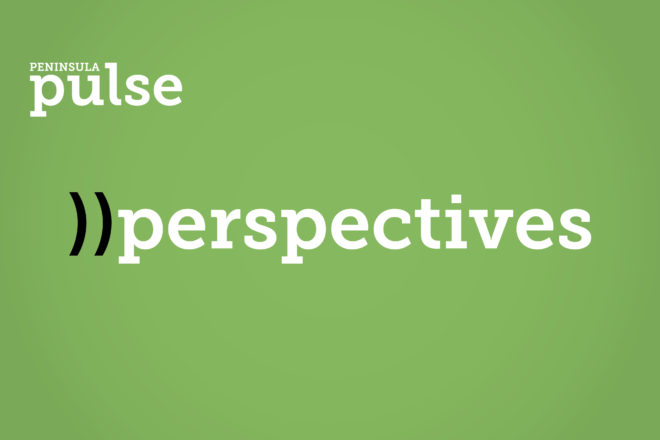PULSE OF PHILANTHROPY: Our Most Important Resolution
- Share
- Tweet
- Pin
- Share

Eat healthier. Exercise more. Lose weight. Stop smoking. These are the most common resolutions people will make as we begin another trip around the sun. Yet if the purpose of a New Year’s resolution is to commit ourselves to a behavior that will improve our quality of life, we’re ignoring the one strategy that has a far greater impact on our happiness and health than any other: nurturing our relationships.
In 1938, Harvard University embarked upon the longitudinal “Harvard Study of Adult Development.” It has been tracking a group of men over the entirety of their lives looking at which behaviors have the greatest impact on life’s outcomes. The study began with 268 of the “best and the brightest” Harvard students, but was quickly expanded to include 456 “severely disadvantaged boys recruited from Boston’s poorest neighborhoods.”
Every two years since, Harvard researchers sat down and interviewed each of the participants. In the early years those conversations included the parents of the children, but as these boys grew into men, the researchers also talked with their spouses, children and even grandchildren. Over the last eight decades, Harvard has also been regularly reviewing their medical records, drawing their blood for testing, and more recently, scanning their brains. The participants grew up to be attorneys and alcoholics, CEOs and convicts, a bartender and even a U.S. President.
More recently, the study has expanded to include thousands of people, including the wives of these original male participants and now their sons and daughters.
Dr. Robert Waldinger is the fourth director of the study. In 2023 he published a fascinating book titled The Good Life: Lessons from the World’s Longest Scientific Study of Happiness. I’ll write about insights from his recent book in a future column, but I first want to go back to his now iconic 2016 TED Talk, “What Makes a Good Life,” during which Waldinger shared the “startling” principal findings of the research.
“Well, the lessons aren’t about wealth or fame or working harder and harder,” said Waldinger. “The clearest message that we get from this [then] 75-year study is this: good relationships keep us happier and healthier. Period.”
As the participating men began to reach their 80s, the researchers looked back at 30-year-old data that was gathered when the participants were in their 50s. Their goal was to identify patterns that were strong predictors in middle-age of a person’s health and happiness once they became octogenarians.
“When we gathered together everything we knew about them at age 50, it wasn’t their middle-age cholesterol levels that predicted how they were going to grow old,” said Waldinger. “It was how satisfied they were in their relationships. The people who were the most satisfied in their relationships at age 50 were the healthiest at age 80.”
What was startling to the researchers was just how much human interaction affects our physical well-being. Vibrant, close relationships seem to buffer us from some of the painful stresses that are an inevitable part of life.
“Our most happily partnered men and women reported, in their 80s, that on the days when they had more physical pain, their mood stayed just as happy,” noted Waldinger. “But the people who were in unhappy relationships, on the days when they reported more physical pain, it was magnified by more emotional pain.”
In the years since that 2016 TED Talk, both the Harvard study and subsequent academic research has reaffirmed that people who have strong and healthy social connections throughout life will, in old age, tend to have significantly fewer chronic health conditions, a sharper memory, and a longer life expectancy.
However, like losing weight or quitting smoking, resolving to have better social connections can often be easier said than done. “Relationships are messy and they’re complicated and the hard work of tending to family and friends, it’s not sexy or glamorous,” Waldinger said. “It’s also lifelong. It never ends.”
That’s why we all need to make a New Year’s resolution to nurture more positive relationships in our lives precisely because we’re all flawed people. Building meaningful relationships requires vulnerability, which is challenging for many of us. It involves sharing personal thoughts and feelings, which can be daunting and uncomfortable. Relationships require patience, forgiveness, and a lot of grace.
Yet Waldinger reminds of why this New Year’s resolution is so important.
“Over these 75 years, our study has shown that the people who fared best were the people who leaned into relationships, with family, with friends, with community,” he said.
Bret Bicoy is President & CEO of the Door County Community Foundation. Contact him at [email protected].


